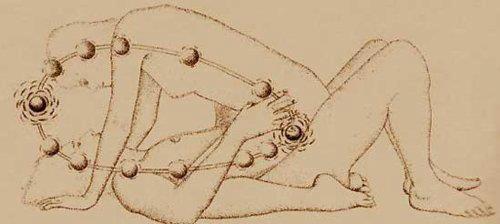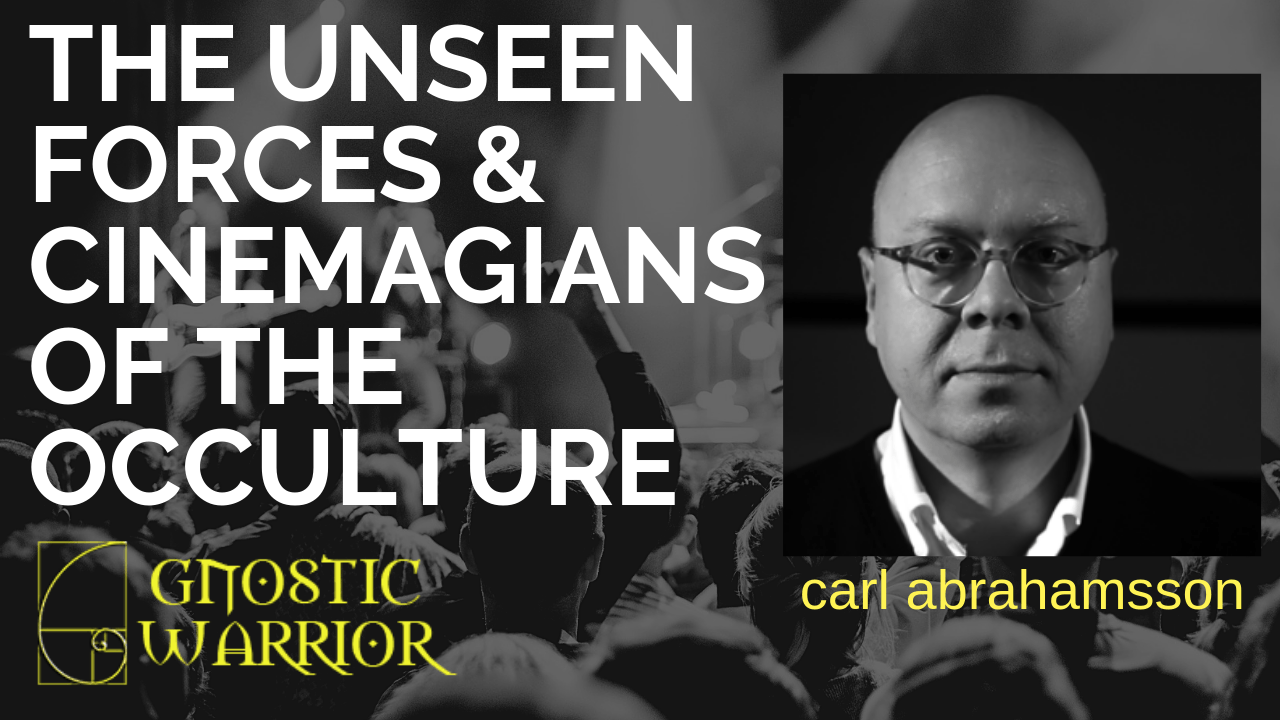Page 63
“that the grand physicist had ever himself condescended so far as to sit prosaically at a jumping table.” Whence, then, came the “blushes” which suffused the cheeks of the “Father of Experimental Philosophy”? Remembering this fact, we will now examine the nature of Faraday’s beautiful “Indicator,” the extraordinary “Medium-Catcher,” invented by him for the detection of mediumistic fraud. That complicated machine, the memory of which haunts like a nightmare the dreams of dishonest mediums, is carefully described in Comte de Mirville’s Question des Esprits.
The better to prove to the experimenters the reality of their own impulsion, Professor Faraday placed several card-board disks, united to each other and stuck to the table by a half-soft glue, which, making the whole adhere for a time together, would, nevertheless, yield to a continuous pressure. Now, the table having turned — yes, actually having dared to turn before Mr. Faraday, which fact is of some value, at least — the disks were examined; and, as they were found to have gradually displaced themselves by slipping in the same direction as the table, it thus became an unquestionable proof that the experimenters had pushed the tables themselves.
Another of the so-called scientific tests, so useful in a phenomenon alleged to be either spiritual or psychical, consisted of a small instrument which immediately warned the witnesses of the slightest personal impulsion on their part, or rather, according to Mr. Faraday’s own expression, “it warned them when they changed from the passive to the active state.” This needle which betrayed the active motion proved but one thing, viz.: the action of a force which either emanated from the sitters or controlled them. And who has ever said that there is no such force? Every one admits so much, whether this force passes through the operator, as it is generally shown, or acts independently of him, as is so often the case. “The whole mystery consisted in the disproportion of the force employed by the operators, who pushed because they were forced to push, with certain effects of rotation, or rather, of a really marvellous race. In the presence of such prodigious effects, how could any one imagine that the Lilliputian experiments of that kind could have any value in this newly discovered Land of Giants?”
Professor Agassiz, who occupied in America nearly the same eminent position as a scientist which Mr. Faraday did in England, acted with a still greater unfairness. Professor J. R. Buchanan, the distinguished anthropologist, who has treated Spiritualism in some respects more scientifically than any one else in America, speaks of Agassiz, in a recent article, with
Page 64
a very just indignation. For, of all other men, Professor Agassiz ought to believe in a phenomenon to which he had been a subject himself. But now that both Faraday and Agassiz are themselves disembodied, we can do better by questioning the living than the dead.
Thus a force whose secret powers were thoroughly familiar to the ancient theurgists, is denied by modern skeptics. The antediluvian children — who perhaps played with it, using it as the boys in Bulwer-Lytton’s Coming Race, use the tremendous “vril” — called it the “Water of Phtha”; their descendants named it the Anima Mundi, the soul of the universe; and still later the mediaeval hermetists termed it “sidereal light,” or the “Milk of the Celestial Virgin,” the “Magnes,” and many other names. But our modern learned men will neither accept nor recognize it under such appellations; for it pertains to magic, and magic is, in their conception, a disgraceful superstition.
Apollonius and Iamblichus held that it was not “in the knowledge of things without, but in the perfection of the soul within, that lies the empire of man, aspiring to be more than men.
“Thus they had arrived at a perfect cognizance of their godlike souls, the powers of which they used with all the wisdom, outgrowth of esoteric study of the hermetic lore, inherited by them from their forefathers. But our philosophers, tightly shutting themselves up in their shells of flesh, cannot or dare not carry their timid gaze beyond the comprehensible. For them there is no future life; there are no godlike dreams, they scorn them as unscientific; for them the men of old are but “ignorant ancestors,” as they express it; and whenever they meet during their physiological researches with an author who believes that this mysterious yearning after spiritual knowledge is inherent in every human being, and cannot have been given us utterly in vain, they regard him with contemptuous pity.

Moe is the founder of GnosticWarrior.com. He is a father, husband, author, martial arts black belt, and an expert in Gnosticism, the occult, and esotericism.






